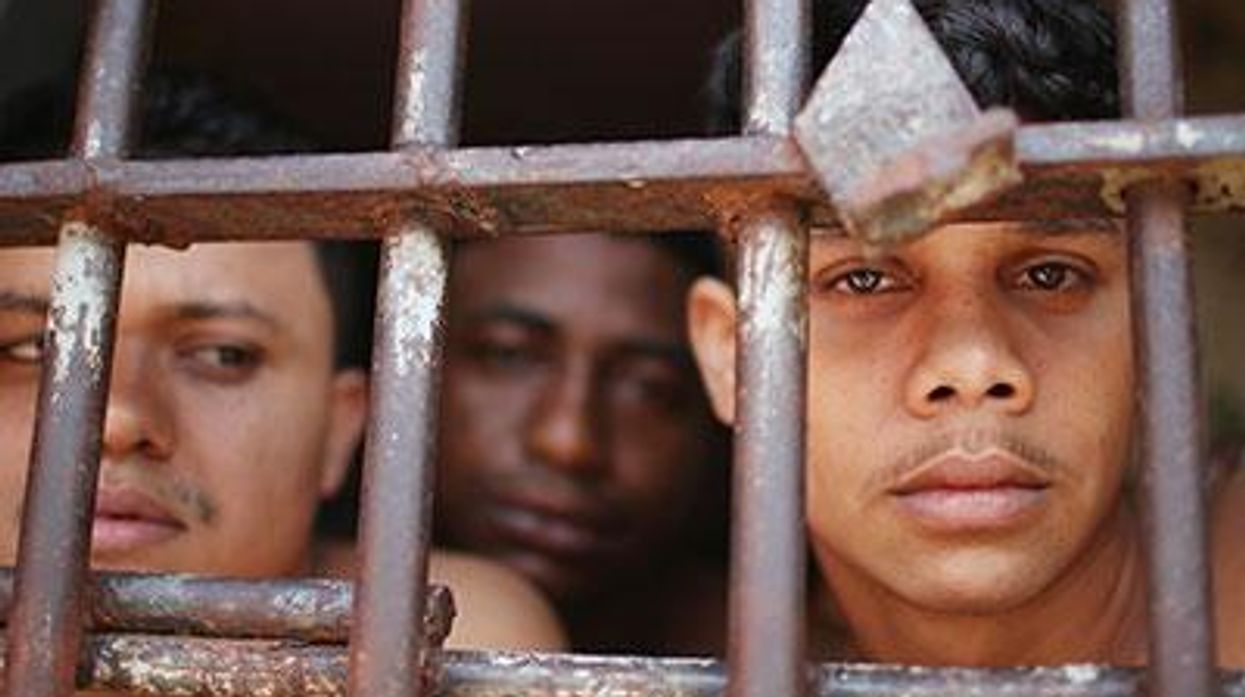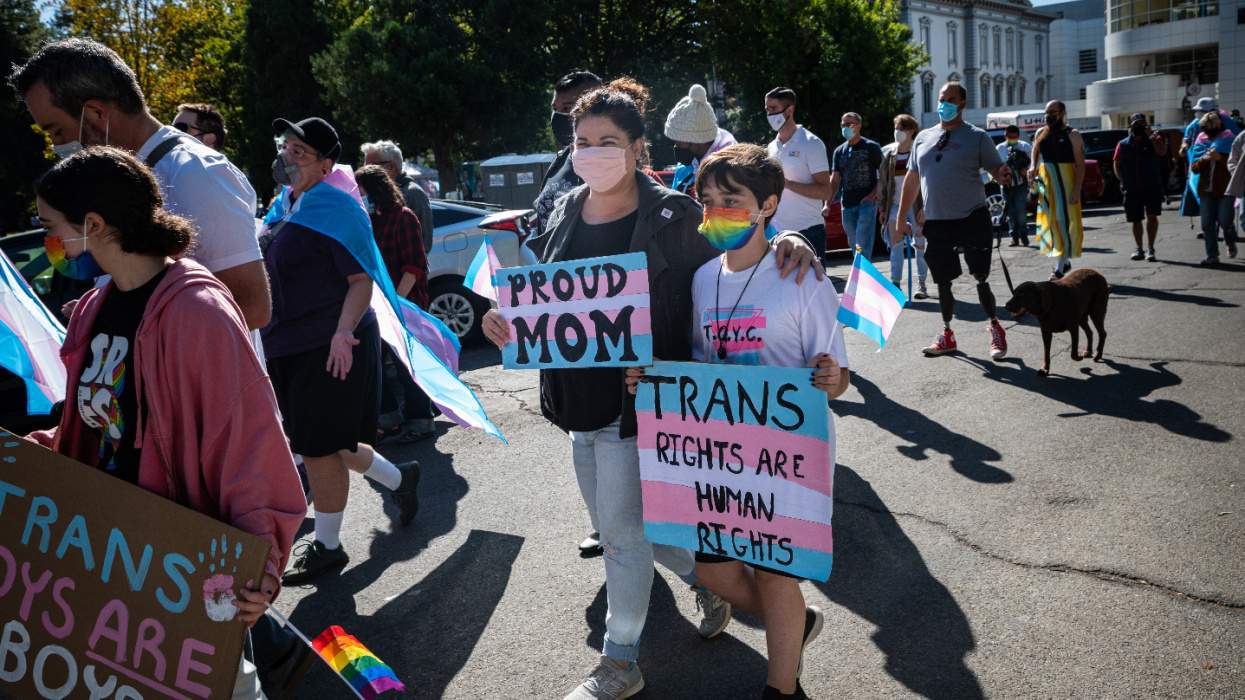In a first for Brazil, transgender prisoners in Rio de Janeiro will be allowed to choose whether they are jailed with male or female inmates, reports Agence-France Presse.
The new policy, approved Friday by the city's department of prisons, is in part an effort to address physical and sexual violence faced by trans prisoners. In particular, trans women face a heightened risk of assault and rape when housed in men's prisons -- a global problem that has seen U.S. trans advocates call for policy reforms.
The move is also intended to grant trans prisoners greater "dignity," according to Colonel Erir Ribeiro, the head of the state prison system. The new policy allows trans women who choose to be housed in men's prison's to wear women's undergarments and keep their hair long, notes the AFP.
Recently, the story of incarcerated Brazilian trans woman Veronica Bolina drew attention to the fact that Brazil's trans prisoners may be subject to discrimination and violence from prison staff and police. Bolina, who released photos to the media of her face swollen unrecognizably from an alleged beating by prison guards, sparked international outrage and a viral social media campaign using the hashtag #SomosTodosVeronica ("We Are All Veronica") to call for justice. She remains in a Sao Paulo men's prison.
Brazil has also become a hotspot in the global epidemic of fatal violence that faces transgender women, somberly memorialized during the annual Transgender Day of Remembrance. Last year's TDOR saw a record high of 59 trans women murdered in Brazil. That strikingly high number of recorded Brazilian victims may be due, in part, to the fact that Brazilian media reports more on antitrans violence than media in many other countries worldwide.
Human rights advocates are hopeful that the change in the Rio de Janeiro prisons will spark progress throughout Brazil for such women, as well as men, who face systemic prejudice. "It's a victory for transsexuals, a population that becomes even more invisible to society in prison," Teresa Cosentino, the state's head of social assistance and human rights, explained to AFP. "With these pioneering measures in Rio, that is going to change."
In the U.S., by comparison, states vary in how they house trans prisoners according to gender, drawing lines around hormoe therapy, gender confirmation surgeries, and legal genders. Often, trans prisoners will be temporarily housed in solitary confinement to "protect" them from other prisoners. Trans advocates are pushing for an end to this practice, which is considered torturous by many, instead calling for a refocusing of efforts on violence prevention. A handful of prisons -- including Los Angeles County Men's Central Jail -- have established "gay and trans" wings as a stopgap measure.















Charlie Kirk DID say stoning gay people was the 'perfect law' — and these other heinous quotes
These are some of his worst comments about LGBTQ+ people made by Charlie Kirk.